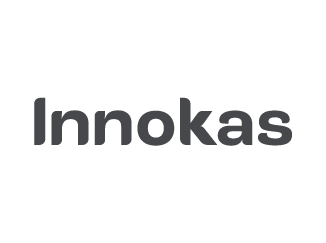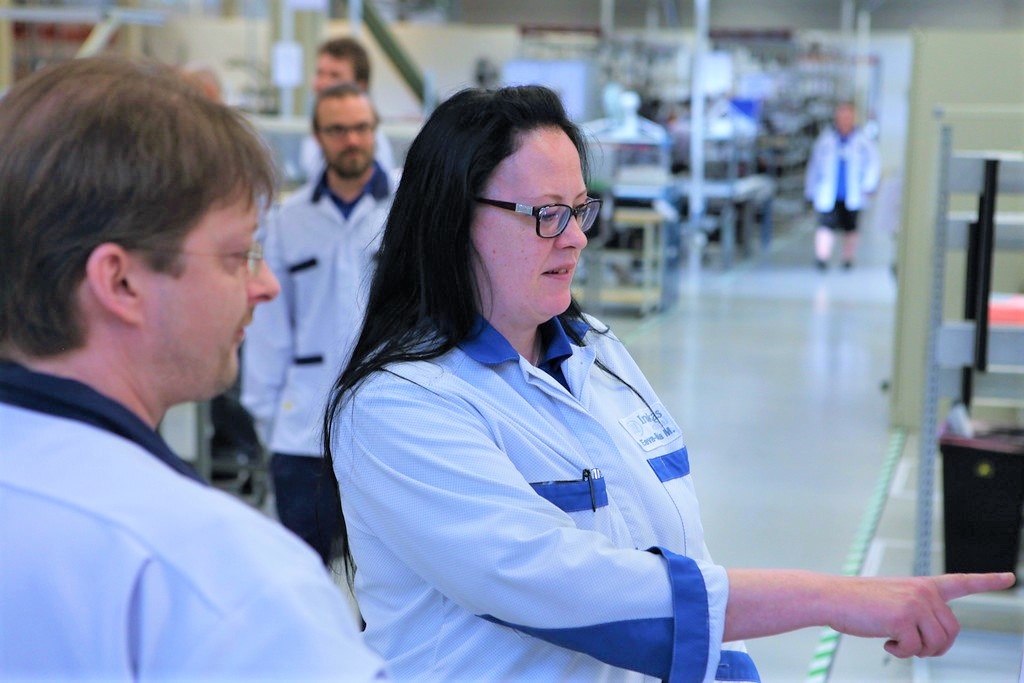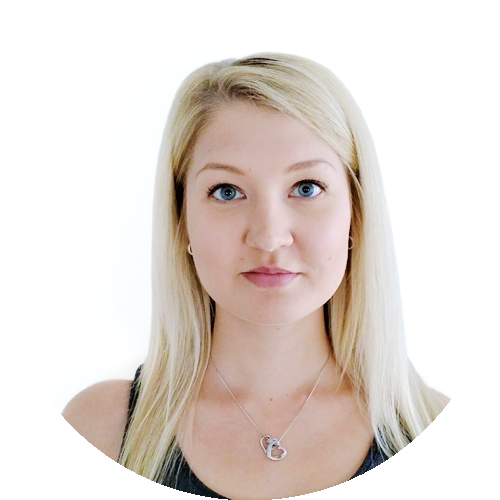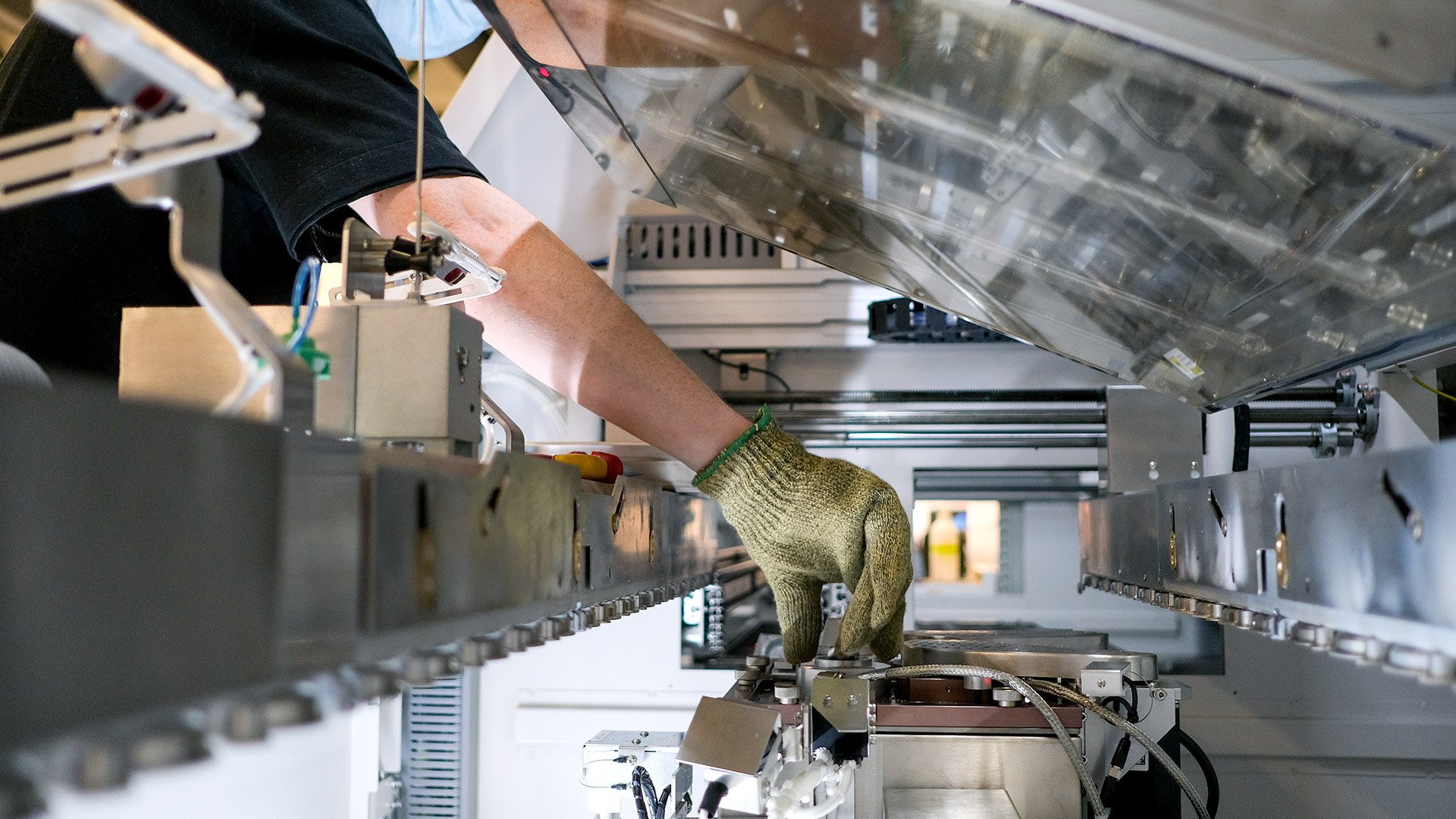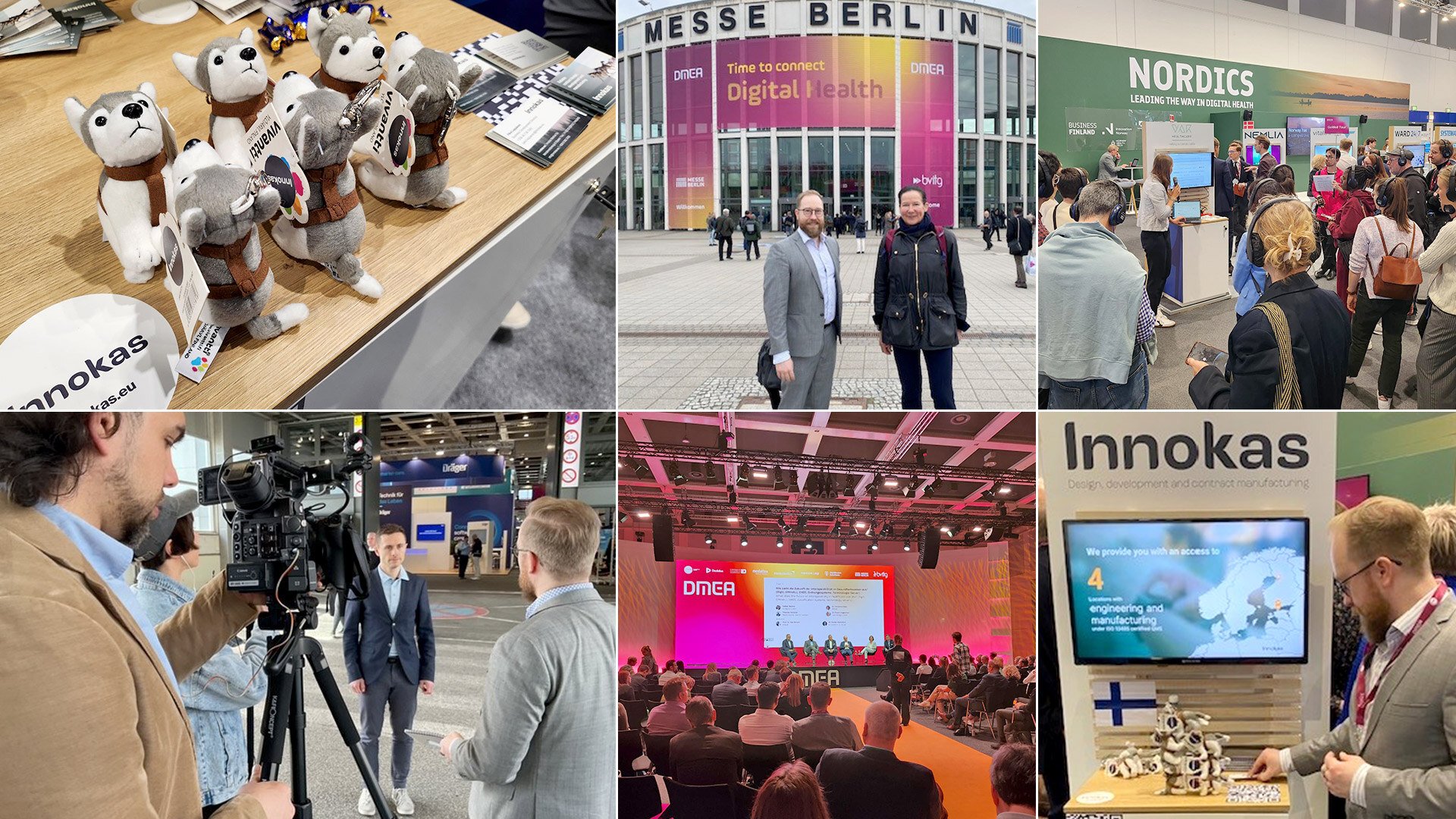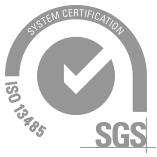“At Innokas Medical, everything begins with the quality built into our processes, products and services. The strong know-how we have in-house as well as the high standards of our daily operations can be seen through the high-quality daily work at Innokas, every day”, tells Tiina Kotipalo, Head of QA&RA at Innokas Medical.
“This means the quality is built into the daily work and operations at Innokas – the rules and regulations define how we operate, every day”, she continues.
As companies and people working in the field know, this is more the rule rather than an exception: the regulatory requirements, standards and laws are strict and complicated, as well as very controlled, both in Finland and in international markets. In addition to constantly changing jungle of rules and regulations there’s one common trend that all companies should prepare to: everything is getting much more complicated.
“The complexity is caused by digitalization; different technologies are developed even more rapidly, the impact of software is growing and wireless as well as mobility features are increasing. In addition, the user experience and safety issues are even more crucial nowadays”, argues Jenni Tuulos, Head of Innokas Design Studio.
“The complexity and the complicated regulations governing healthcare technology cause that designing and developing new medical devices become slower and more expensive as companies need to know and, in particular, need to master a significant number of different kind of technologies, platforms, standards and laws already on a very early phase of the product lifecycle. The regulations need to be taken into account already in the very early idea phase of the design, because, e.g., the intended use and the classification of the device have a significant impact on the laws, standards and regulations as well as on the needed documentation the authorities require. The devices are more difficult and expensive to be redesigned if the product is already close to launch, which naturally has an impact on the budget that might be exceeded and launching schedule will be overdue”, Tuulos continues.
Quality management is been integrated into Innokas’ design organization
To keep up with the global competition, some new kind of engineering expertise from companies is required, it also creates a need for changing mindsets and more developed working methods. Innokas Medical’s design organization has begun to reform its practices and working methods as well as strengthen its know-how to meet the common challenges and increasingly evolving regulatory world in the field.
One concrete part of the first development actions made is the new center of excellence Innokas has launched and integrated into its design organization: Design Controls. The operation of the new unit was started in autumn, and Pekka Pohjosaho, who has worked as Senior Usability Engineer at Innokas for several years, is leading the unit as Head of Design Controls.
“We have to be familiar with official regulations but we have to be able to implement them in practice, too. This is how we operate in our design organization, every day, but to ensure that and to develop our practices even further, I started to lead our Design Controls unit this autumn”, Pohjosaho tells.
In practice, Design Controls unit is responsible for further development of Innokas’ design processes and associated practices with other design organization Heads - in addition, it acts as quality and regulatory representative in Innokas’ design organization.
“I’m leading our design and risk management processes, and keep our engineering team up-to-date with changes in rules, regulations and standards in the field. I’m also supporting our customers and projects in terms of quality and regulatory, and will participate the official design reviews as QA&RA representative as well. I will also use some of my working time to my Lead Usability Engineer role as I see it’s very important to have a touchpoint to actual project work also. But at least half of my working hours I will spent on focusing to QA&RA issues in our design organization”, he says.
Quality and regulatory expertise as a competitive edge
With the new Design Controls unit Innokas aims to ensure more efficient quality and regulatory compliance in future product development projects as well as to achieve more agile project schedules.
“In addition to more efficient quality and regulatory compliance, we’re able to develop e.g. our working methods in product idea enrichment phase. Companies should more clearly understand that the quality and regulatory compliance must be recognized and understood already at the idea phase. With the help of our new Design Controls unit we will be able to more efficiently give a consultation to our customers already at the very beginning”, Tuulos tells.
As recognizing and understanding the requirements throughout the whole device life cycle is the responsibility of every medical device manufacturer, the success in the future will be achieved through co-creation partnerships with professional cooperation partners.
“Due to complexity and strict, but constantly evolving regulations, the partnerships that emphasize co-creation over the entire product lifecycle will become more significant drivers for competitiveness. This is something Innokas’ design organization highlights, too: in co-creation, all parties have a competitive edge and are able to add more value compared to the previous business models. When co-creating next generation medical devices with experienced partners, the added value can be very significant in terms of cost and time”, Tuulos states.
The new Design Controls unit, which has been integrated as a part of Innokas design organization is one concrete step towards even more customer-oriented operating models at Innokas. In addition, it’s also a clear strategic step towards a thought leader position in the field.
“The regulations are changing a lot in Europe at the moment. The amount of responsibilities for QA&RA Heads will increase due to e.g. new MDR/IVDR regulations in Europe. In the rest of the world there is a noticeable increase in regulatory requirements, too”, ponders Kotipalo.
“Due to this we’ve made a strategic choice to integrate QA&RA experts in our different business units. In addition to our comprehensive service offering from idea to design and development, to manufacturing and to after sales services, we will be able to even more comprehensively take care of quality and regulatory compliance in our different processes as well as during customer projects. The careful and professional QA&RA compliance and expertise may even become one of the competitive edges of companies in future”, she concludes.

